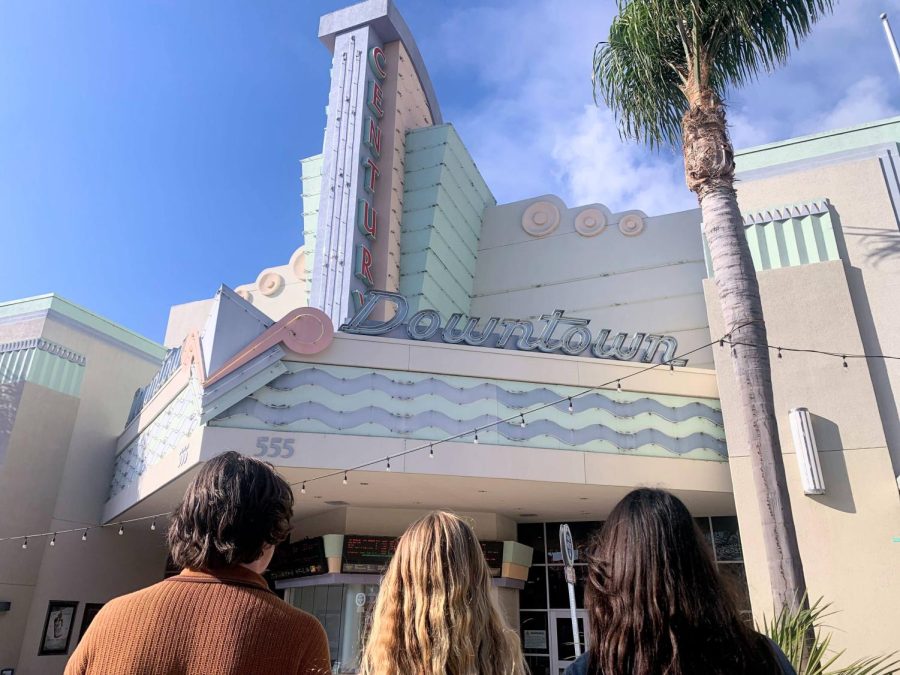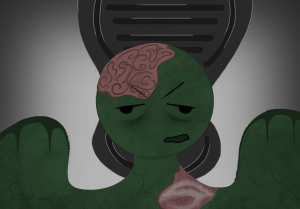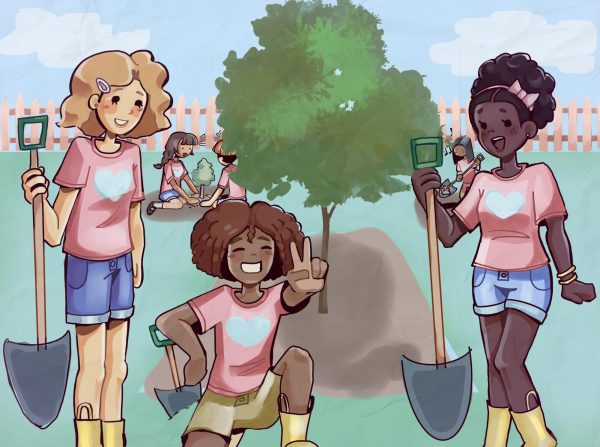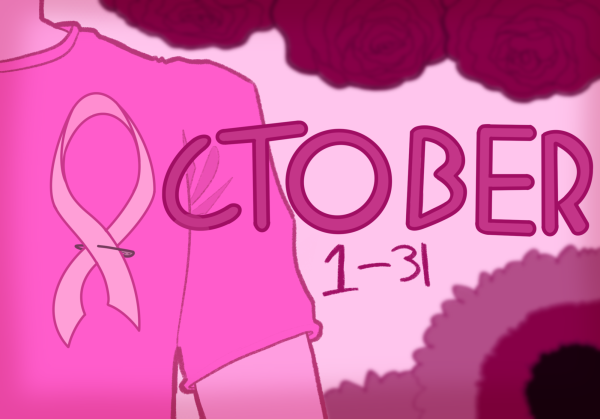Opinion: Rated R movie theater rules need to change
Foothill Technology High School students Anna English ’24, Miles Baker ’23 and Katelyn Neasham ’24 gazing at the showtimes at Century Theaters in downtown Ventura.
October 6, 2022
A trip to the movie theater is generally considered to be an overall enjoyable experience. Stepping into the icy-cold air conditioning, the smell of buttery corn being popped and the thrill of getting to see a long-anticipated film can all be snatched away by the hands of a ticket clerk when a movie is rated R.
When parents don’t want to accompany their teenagers to watch an “explicit” film, even if their parents have read the restricted material and approve of their teenager viewing said film with their friends, the infamously frustrating Motion Picture Association of America (MPAA) movie rating system still prevents anyone under the age of 17 from seeing the film. This form of censorship proves to be an outdated method of judgment on teens today by enforcing these overly strict rules. An exception that gives kids with their parent’s permission to watch the film without their guardians being forced to buy a ticket and watch the movie too would be a much more reasonable regulation.
The MPAA was founded in 1922 with its purpose being to hold some semblance of control over the growing movie business. In 1968, the MPAA created a list of movie ratings to portray what kind of material takes place in the film and if it is appropriate for kids and teenagers. The notorious rating, R for Restricted, has lived on as the forbidden apple, continuing on for generations after its creation.
With this intimidating label, rated R films also hold an essential role in the movie theater. Viewers 16 years of age and younger must watch the film with guardian supervision, meaning parents are forced to watch the movie with their teenagers if they don’t want to wait for it to release on streaming platforms. This becomes a source of frustration for teens when they want to watch a new release with their friends.
For a rule created in 1968, the R rating regulations have a power and persistence that continues to have a tight hold on today’s society. The difference between kids and teens in older generations as opposed to their modern counterparts is vast. In the wake of social media and new ways to watch movies, one might assume that the rules would change with the times. With a touch of a screen, any kid or teenager can watch these movies and even more explicit content from the comfort of their home.
An article by American Academy of Child and Adolescent Psychiatry states, “Surveys show that ninety percent of teens ages 13-17 have used social media. Seventy five percent report having at least one active social media profile and fifty one percent report visiting a social media site at least daily.” That’s most of today’s adolescents circulating through the internet every day. Not only are they allowed, but more often are they encouraged to download these apps from their peers and social groups. Social media poses many risks, including the almost promised possibility of being exposed to “inappropriate content.” In a society that allows virtually anyone to view this subject matter at any time, why does it suddenly become a problem when teenagers want to watch movies with “adult” content on the big screen?
Although the ratings serve a fundamental purpose of educating viewers on the ideas they’ll be exposed to, teenagers deserve the right to watch rated R movies without the current strict rules. Even allowing teens access to the theater with parental consent instead of forcing guardians to watch the film too would positively affect kids today. The drive for finding movies online that are restricted on potentially harmful or illegal websites would disappear and the happiness and conventionality for family and friends across the country when it comes to watching rated R movies in the movie theater would flourish. The Classification and Rating Administration (CARA) should consider changing its policy to reflect a more accurate representation of the constantly growing world at large.
















MILES • Feb 3, 2023 at 4:30 pm
I just read this and I really liked it, I think the rated R genre needs to be re established because young kids see a lot worse stuff in the real world than on the big screen.